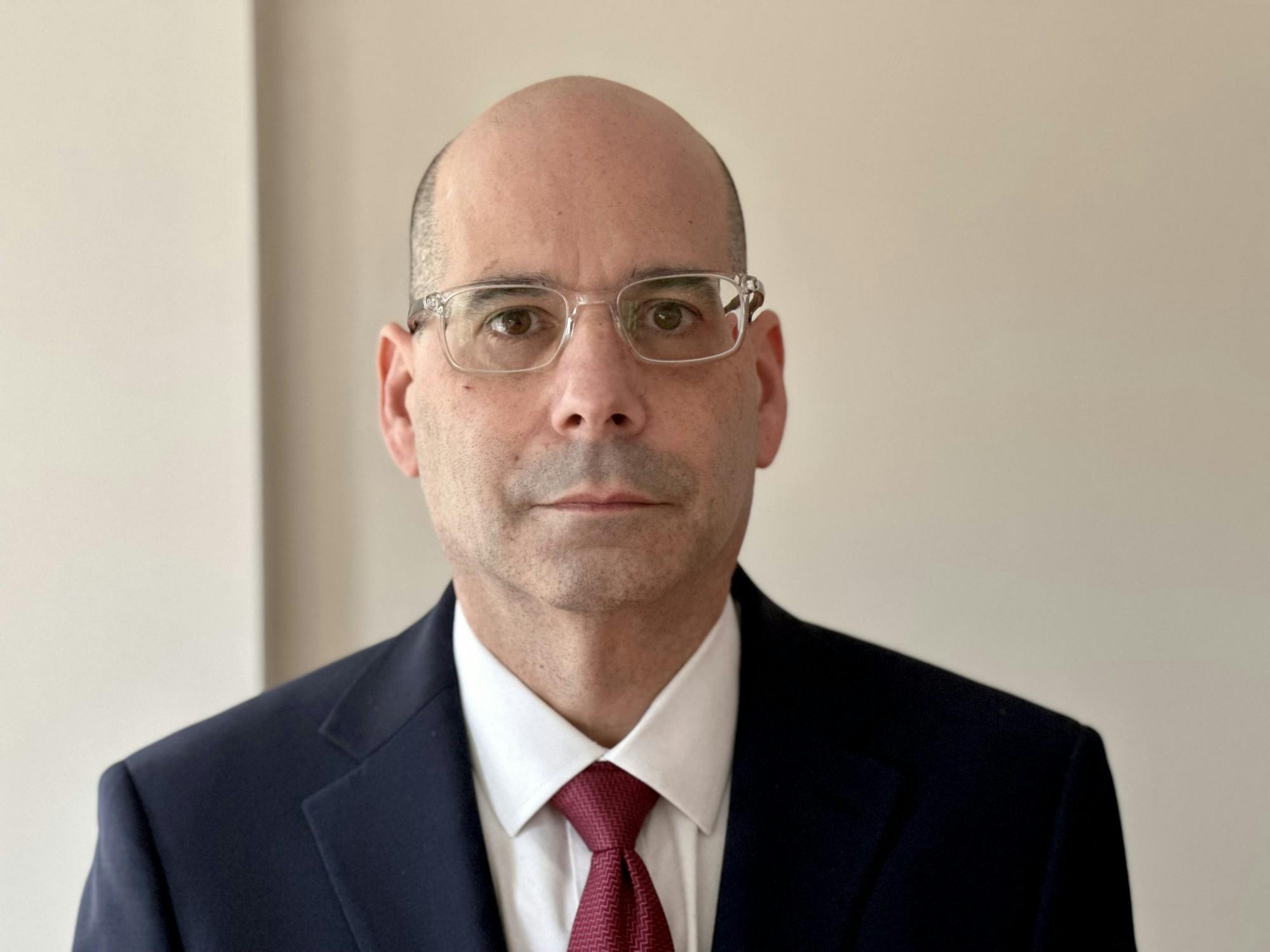Alejandro Diaz began in his role as the College’s first chief compliance officer on Jan. 30. In this role, Diaz is responsible for creating a coordinated effort to oversee and ensure the College’s compliance with federal, state and other external regulations. According to a College press release, Diaz previously served as the chief compliance officer at Temple University.
The Dartmouth sat down with Diaz to further discuss university compliance and his new role in the administration.
What led you to Dartmouth?
AD: I started out as a commercial lawyer. Later in my career, I had the opportunity to be the chief compliance officer for the Coca-Cola bottler in the United States, Canada and Western Europe. About four years ago, I switched careers and went to Temple University to work in higher education. I was the first chief compliance officer for Temple and helped them build their compliance office. And when Dartmouth contacted me about this job, I thought it sounded great and I applied. I grew up in Western Massachusetts — not too far from Dartmouth — so it was an exciting opportunity for me.
I’m excited to be part of an institution that has shown the dedication to ethics and compliance that I have witnessed throughout the interviewing process. One of the reasons I came here and I found this place so attractive is because I do think everyone here is committed to doing the right thing. Everyone is committed to ensuring that we have the components necessary to rise to the occasion as the universe of laws, rules and regulations that apply to institutions just continues to grow — and the regulatory environment of the country continues to grow.
What are some examples of these regulations?
AD: There’s federal financial aid law that we have to comply with, about how we solicit donations to the College. There are laws that apply with respect to the accessibility of our facilities for people with disabilities. There are typical human relations rules that apply to a large organization, from wages and hours to background checks and employee benefits. Just think about all the different laws, rules and regulations that are organic to a big college.
Why is university compliance important?
AD: We, like every organization, want to make sure that we’re complying with all the laws, rules and regulations and our own internal policies. We also want to go a step further than that. You don’t want to just do compliance. You want to go beyond just the basics of what is necessary to doing the right thing — and that’s sort of the ethics side. We want to create a culture of integrity where everybody who works at Dartmouth, everybody who’s a student at Dartmouth, everybody who's the stakeholder of Dartmouth, feels that the institution operates with the highest standards of integrity.
Are there any Dartmouth-specific issues that you look forward to working on?
AD: The U.S. Department of Justice has guidelines for what they consider to be an effective compliance program. Rule number one is that your compliance program needs to match your compliance risks, so you have to have a profound understanding of the specific risks of the organization. It’s not like I’m going to be doing all the compliance for the university; it’s very different from that. We have a whole staff of people whose job it is to make sure that we comply with research standards. We have HR professionals to make sure we comply with the HR laws. We have specialists to know the environmental laws and the health and safety laws. My job will be to learn all those different compliance risks, and make sure that our compliance program speaks to the actual risks of Dartmouth.
Would you mind sharing some advice for students who are interested in compliance or legal work?
AD: It used to be that there really wasn’t a universe of compliance opportunities outside of the medical field or the financial field, but that’s changed in the last 15 years or so. Compliance is really a growing industry right now. Publicly traded companies and large institutions all have a complex set of rules, laws and regulations that apply to them.
As far as a marketplace for jobs, I still think that getting a law degree is a terrific way to understand risk management and understand complex legal and regulatory structures. There are now certifications you can get in compliance at some private institutions. Students can always talk to me — I’m more than happy to share any advice.
This article has been edited and condensed for length and clarity.




